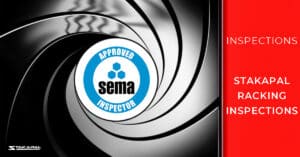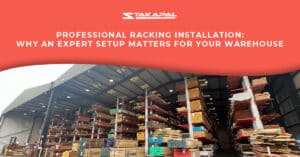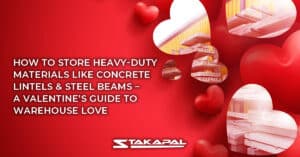At Stakapal, our commitment to your safety and operational efficiency does not end at installation. As part of our ongoing support services, we offer all our customers the option to book an annual racking inspection which is carried out by our in-house SEMA Approved Racking Inspector (SARI).
Stakapal in-house SARIs conducting Racking inspections are crucial, particularly in industrial environments such as warehouses where they provide numerous benefits.
The Benefits of a Racking Inspection
Opting for a racking inspection offers many advantages:
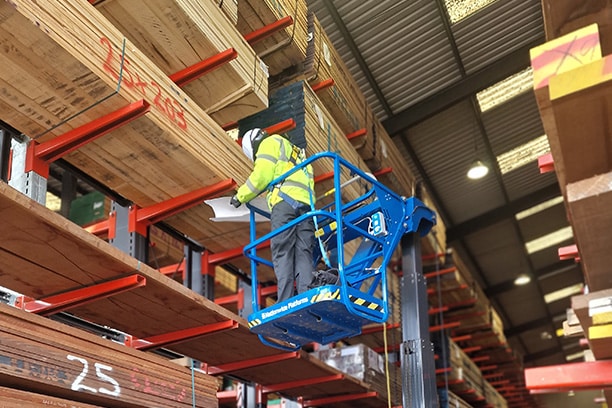
Compliance with HSE Requirements
Annual reports that meet the Health and Safety Executive (HSE) standards.
Up-to-Date Expertise
Inspectors attend regular development refresher courses to stay current with technical design issues.
Comprehensive Advice
Inspectors are trained to provide guidance and suggestions on training, loads, damage identification, and prevention.
Transparent Reporting
A SARI report ensures that you receive an honest, impartial assessment of materials that need replacing, avoiding inflated repair or replacement costs.
What is included in a Racking Inspection Report?
You might wonder what you receive from a racking inspection. Here are some things to expect:
On-Site Consultation
An approved inspector will liaise with your PRRS (Person Responsible for Racking Safety) to address any immediate issues.
Thorough Inspection
A thorough inspection is conducted, including a debrief with your PRRS and identification of any high-risk areas that require immediate attention.
A Detailed Report
The inspector will then compile a detailed report with photographic evidence, which can be sent via email or as a hard copy.
Ongoing Support
Stakapal offers annual inspections and ongoing repair and replacement support for all customers who have Stakapal racking.
Damage References
When carrying out a racking inspection, we use a colour-coded system to classify risks:
Green - Minor Risk
A Green classification requires surveillance where defined damage limits are not exceeded.
Amber - Medium Risk
An Amber damage classification requires action as soon as possible (within 4 weeks).
Red - High Risk
A Red classification indicates serious damage that requires immediate offloading.
PRRS vs. SEMA Approved Racking Inspector
– What is the difference?
Understanding the difference between a PRRS and a SEMA Approved Inspector is crucial:
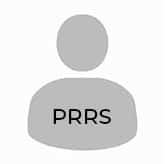
PRRS
This person undergoes a one-day basic training course to identify damage and act accordingly based on SEMA guidelines.
A PRRS might be an employee who regularly monitors racking for damage and flags any damage or risks.
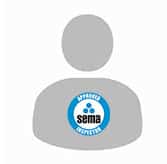
SEMA Approved Racking Inspector
A SARI is a racking inspector who has passed the SEMA Racking Inspection Training Course. A recognised industry qualification, that teaches inspectors to conduct detailed inspections in line with HSE requirements.
They provide advice on damage, prevention, repairs, and loadings. All SARI inspectors should have a relevant CSCS card or SARI ID – if yours doesn’t you can always contact SEMA directly and they will check for you.
What is the Stance on Racking Inspections
Racking inspections can actually save you money and reduce down-time by identifying risks before they become damage and more costly. Some insurance providers also require an annual racking inspection, so it is also essential for ensuring safety and compliance.
Stakapal are full members of SEMA and our teams of installers and inspectors are certified SEIRs and SARIs. We are dedicated to providing you with reliable, professional inspection services to maintain the integrity of your racking systems and protect your employees and products.
Is your Racking Inspection due?

